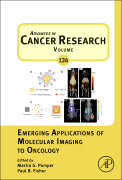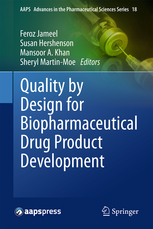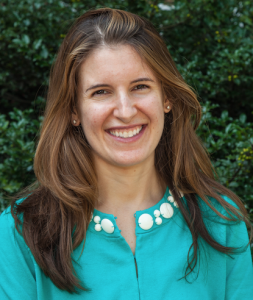Whether orientation is a recent or distant memory, here are a few tips on the resources and spaces available at the library:
Finding Books at Tufts: We have a lot of books, both in print and electronically. Unfortunately, it is not always easy to find these books. When you want to know whether or not the library has a specific book, search the library catalog (http://library.tufts.edu/) by title, author or course reserves (a few books are on reserve for Sackler courses). If a book is located at another Tufts library, then you can request that it be delivered to the Hirsh Health Sciences Library by clicking the ‘Request Item’ button at the top of the catalog record. You will be notified when the book is ready for you retrieve at our library. While e-books will appear in the library catalog, you can also browse our e-book collections (http://www.library.tufts.edu/hsl/resources/ebalpha.html).
Book not Available at Tufts? Search WorldCat (http://tufts.worldcat.org/), a global catalog of library collections. You can request that books available at Boston Library Consortium libraries be delivered to our library at no charge. For more information on requesting books, book chapters and journal articles from non-Tufts libraries, see: http://www.library.tufts.edu/hsl/services/docDelPolProc.html.
Study Rooms: Study rooms are located on the 5th, 6th and 7th floors of the Sackler building. Study rooms on the 5th floor may be reserved for groups of two or more people. Study rooms on the other two floors are available on a first come, first served basis with precedence given to groups. To make a reservation for the 5th floor study room, see: http://tufts.libcal.com/booking/hhsl.
Computers: Public computers are located on the 4th and 5th floors of Sackler. In addition, two computer labs, also located on the 5th floor, are available for use when not occupied by a class. Laptops, both Macs and PCs, are available for check out at the Library Service Desk. Software installed on library computers includes: Adobe products (Illustrator, InDesign, Photoshop, etc.), MatLab, SAS, SPSS and Stata. Complete list of software on library computers: http://www.library.tufts.edu/hsl/computing/softinlibrary.html.
Software: Visit the Tufts Technology Services Help Desk on the 5th floor of Sackler to get software installed on your personal computer. Complete list of available software: https://it.tufts.edu/soft. Unfortunately, Adobe software is not available for installation on students’ personal computers, and Adobe only offers a student discount on their Creative Cloud Complete package.
Lynda.com: Online library of video tutorials that teach software, creative and business skills, including beginner to advanced Illustrator, R, Tableau, SPSS. Tufts Technology Services recently acquired a license that allows Tufts students, faculty and staff unlimited access to Lynda.com. Free apps for iOS and Android devices allow you to watch videos on your mobile device. To access, go to: https://it.tufts.edu/lyndacampus, click the ‘Login’ button and sign in with your Tufts username and password.
-Laura Pavlech








